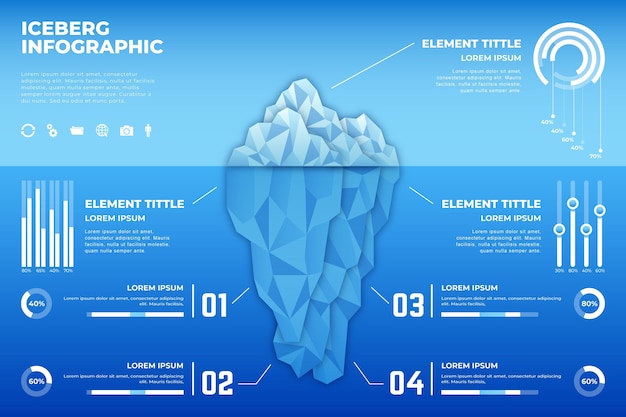Interesting Facts About Antarctica

Antarctica is the coldest continent on Earth, with temperatures dropping to -130 degrees Fahrenheit.
Antarctica is home to 90% of the Earth’s ice and 70% of its fresh water.
The highest peak in Antarctica is Mount Vinson, towering at 16,050 feet.
Antarctica has no native human population.
The largest lake in Antarctica, Lake Vostok, is buried beneath 2.2 miles of ice.
Antarctica is the windiest continent, with gusts reaching speeds of 200 mph.
Penguins are not the only animals found in Antarctica; the continent is also home to seals, whales, and numerous bird species.
Antarctica is the only continent without a time zone.
The Southern Ocean surrounds Antarctica and is the fourth largest ocean in the world.
The first explorers to reach the South Pole were Roald Amundsen and his team in 19
Antarctica holds approximately 90% of the world’s ice, which, if melted, would raise global sea levels by over 200 feet.
The Antarctic Treaty, signed in 1959, prevents any military activity, mineral mining, and nuclear testing on the continent.
Antarctica is the highest continent, with an average elevation of about 7,200 feet.
The Aurora Australis, or Southern Lights, can often be seen in Antarctica’s night sky.
March 21st is celebrated as Antarctic Day, honoring the anniversary of the signing of the Antarctic Treaty.
Antarctica is considered a desert, receiving less precipitation than any other continent on Earth.
Interesting Facts About Antarctica part 2
The first airplane flight over the South Pole was achieved by Richard E. Byrd in 19
The Antarctica Marathon is held annually, with participants braving sub-zero temperatures to run on the ice.
Emperor Penguins are the tallest and heaviest of all penguin species and can reach up to 4 feet in height.
The average thickness of Antarctica’s ice is about one mile.
Antarctica is the largest wilderness area on Earth, uninhabited by humans.
More than 30 countries operate research stations and bases in Antarctica for scientific purposes.
The ozone hole, initially discovered in the 1980s, is more prominent over Antarctica due to the presence of certain chemicals.
The Antarctic Peninsula is one of the fastest-warming regions on Earth, experiencing a significant increase in temperature over recent decades.
Antarctica has no reptiles or amphibians due to its extreme cold temperatures.
The Transantarctic Mountain Range divides Antarctica into East Antarctica and West Antarctica.
The Weddell Sea is known for its large population of Antarctic krill, a keystone species in the Southern Ocean food web.
The largest iceberg ever recorded, named B-15, broke off from the Ross Ice Shelf in Antarctica in 2000 and was roughly the size of Jamaica.
The McMurdo Dry Valleys in Antarctica are considered one of the coldest, driest, and most inhospitable places on Earth.
Despite its harsh conditions, some microorganisms have been discovered to survive in Antarctica’s extreme environment.
Antarctica is home to some of the world’s most pristine and untouched ecosystems.
The Adélie penguin population in Antarctica has been declining, partly due to climate change affecting their food sources.
Antarctica has no land mammals, as they are unable to withstand the freezing temperatures and lack of food.
The famous British researcher Robert Falcon Scott successfully reached the South Pole in 1912 but tragically perished on the return journey.
The Antarctic ice sheet is estimated to contain about 26.5 million cubic kilometers of ice.
The coldest recorded temperature in Antarctica was -128.6 degrees Fahrenheit, measured at the Russian Vostok Station in July 1983.
The first landing on the continent of Antarctica was accomplished by the Norwegian explorer Carsten Borchgrevink in 1895.
Antarctica is not owned by any country; it is considered a global commons.
The Ross Ice Shelf in Antarctica is the largest floating ice shelf in the world, covering an area roughly the size of France.
Antarctica is also known as The White Continent due to its vast ice cover.
The South Pole is located in Antarctica, making it the southernmost point on Earth.
Despite its icy nature, Antarctica is teeming with life in the ocean surrounding it, including unique marine species adapted to the extreme conditions.
The Antarctic Ice Marathon holds the title for the southernmost marathon in the world, with participants running in sub-zero temperatures.
Antarctica was not covered in ice until about 34 million years ago, during the Eocene epoch.
Antarctica plays a crucial role in regulating global temperatures and the Earth’s climate system.